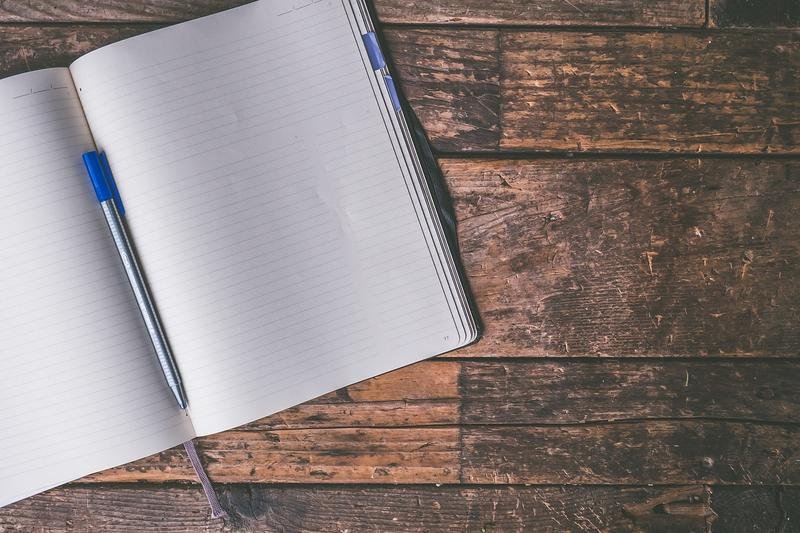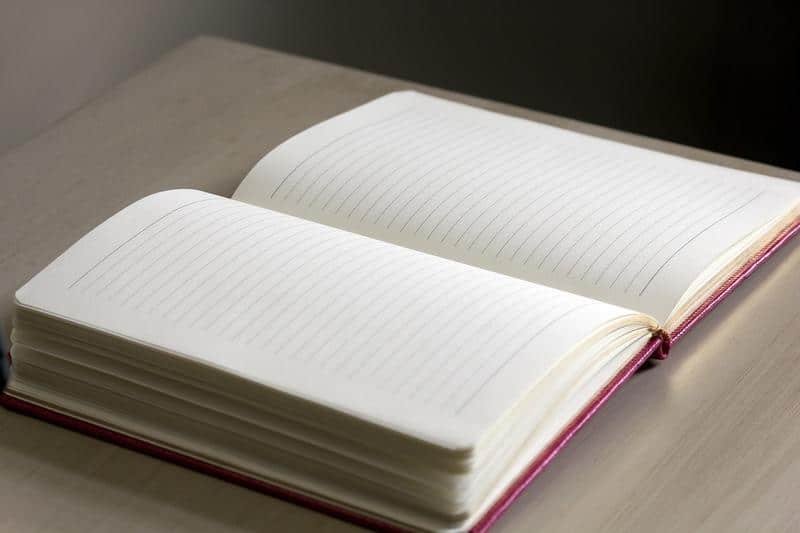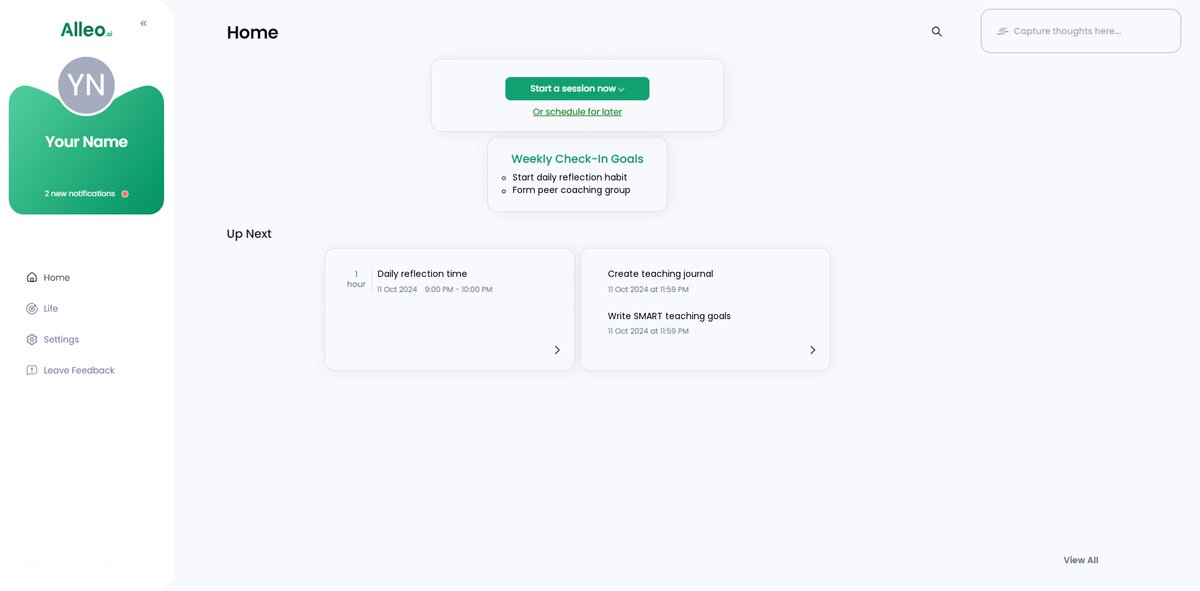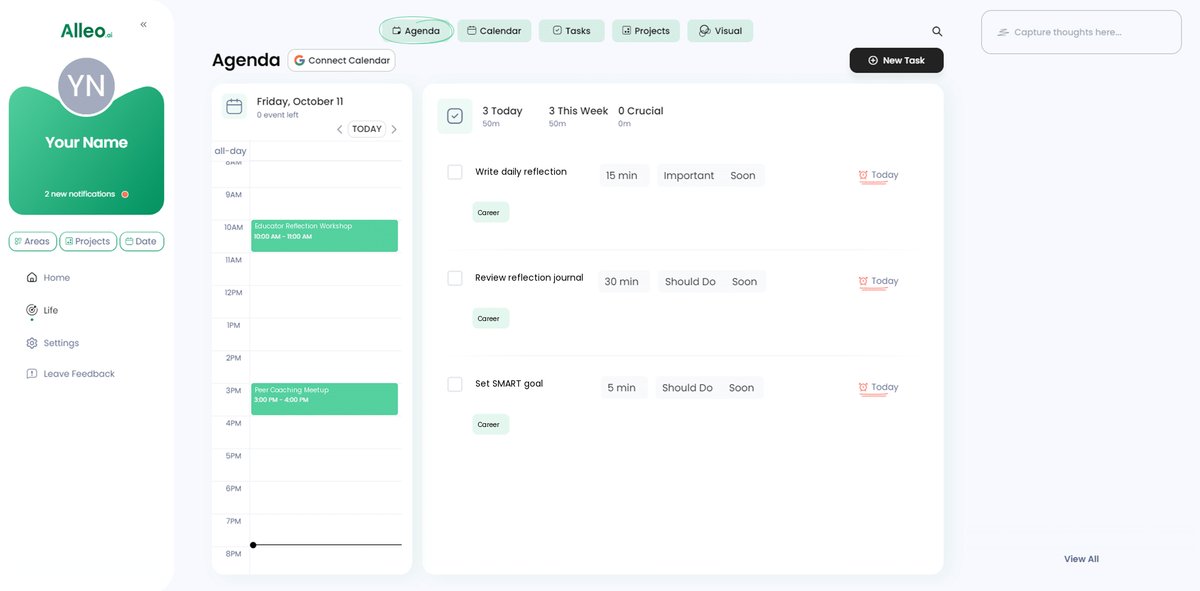The Ultimate Guide to Best Self-Reflection Prompts for Educators: Fostering Personal and Professional Growth
Are you an educator struggling to find effective self-reflection prompts for teachers that lead to deeper introspection and personal growth?
As a life coach, I’ve helped many professionals navigate these challenges. I’ve seen firsthand the power of reflective practice in education and how it can transform teaching practices.
In this post, you’ll discover strategies to foster personal growth in education through self-reflection prompts for teachers. We’ll explore daily reflective writing, peer coaching, and creating a teaching effectiveness journal to support your professional development reflections.
Let’s dive into these educator self-assessment techniques and teaching reflection strategies.

Understanding the Challenges of Self-Reflection for Educators
Finding the time for self-reflection prompts for teachers can be daunting. Many educators are overwhelmed with daily responsibilities, leaving little room for introspective exercises for teachers.
Additionally, without effective self-evaluation prompts for teachers, it’s tough to delve deep. Many clients initially struggle to find meaningful questions to guide their reflective practice in education.
Another common issue is maintaining consistency in teaching reflection strategies. In my experience, people often find it hard to stick to a routine without clear guidance for continuous improvement for educators.
These obstacles hinder professional growth and well-being. Addressing these challenges is crucial for fostering personal growth in education and developing a growth mindset for educators.

Effective Strategies for Self-Reflection in Educators
Overcoming this challenge requires a few key steps. Here are the main areas to focus on for self-reflection prompts for teachers to make progress in their professional development.
- Use Daily Reflective Writing Prompts: Allocate time daily for reflective writing with specific self-evaluation prompts for teachers to guide deeper introspection and foster a growth mindset for educators.
- Implement Peer Coaching and Feedback Sessions: Engage in regular peer coaching to share reflections and receive structured feedback, enhancing teaching reflection strategies and continuous improvement for educators.
- Create a Personal Teaching Effectiveness Journal: Maintain a journal to document goals, successes, challenges, and reflections systematically, supporting self-improvement for teachers and reflective practice in education.
Let’s dive into these educator self-assessment techniques and personal growth in education strategies!
1: Use daily reflective writing prompts
Using daily self-reflection prompts for teachers can significantly enhance your personal growth as an educator.
Actionable Steps:
- Set a Daily Reflection Routine: Allocate 10-15 minutes each day for reflective writing. Choose a consistent time, such as the end of the workday, to ensure regular practice of self-improvement for teachers.
- Use Specific Prompts: Select effective self-evaluation prompts for teachers like “What was the most impactful moment of my day and why?”. Focus on various aspects of teaching, such as classroom management and student engagement.
- Review and Reflect on Previous Entries: Dedicate time weekly to review past entries. Identify patterns, growth areas, and recurring themes to deepen your reflection process and enhance your professional development reflections.
Explanation:
These steps are crucial for fostering deeper introspection and consistent self-reflection. Reflective writing helps educators connect their experiences to broader teaching practices, enhancing personal growth in education and professional development.
Regular reflection can lead to significant improvements in teaching effectiveness. For more insights on how to cultivate these habits, check out this resource on cultivating curiosity and lifelong learning.
Key benefits of daily reflective writing include:
- Improved self-awareness and metacognition
- Enhanced problem-solving skills
- Greater clarity in decision-making processes
Starting a daily routine of self-reflection prompts for teachers is a powerful step towards enhancing your teaching reflection strategies and fostering a growth mindset for educators.

2: Implement peer coaching and feedback sessions
Implementing peer coaching and feedback sessions is essential for enhancing self-reflection prompts for teachers and fostering professional growth.
Actionable Steps:
- Establish a Peer Coaching Group: Form a small group of trusted colleagues committed to mutual growth mindset for educators. Schedule regular meetings, such as bi-weekly, for sharing reflections and providing feedback on teaching reflection strategies.
- Use Structured Feedback Techniques: Utilize specific frameworks like “What Went Well” and “Even Better If” to provide constructive feedback. Encourage open-ended questions to foster deeper discussion and self-reflection prompts for teachers.
- Set Collective Goals: Establish shared goals for the group to work towards, such as improving student engagement or classroom management. Track progress and celebrate achievements together to maintain motivation and accountability in professional development reflections.
Explanation:
These steps are crucial in creating a supportive environment for educators to grow through reflective practice in education. Structured peer coaching sessions not only improve teaching practices but also foster a sense of community and continuous improvement for educators.
Regular feedback helps identify areas for improvement and encourages personal growth in education. For more insights on effective coaching techniques, check out this resource on coaching leadership.
Peer coaching and feedback sessions can significantly enhance your reflective practice and professional development, providing valuable self-evaluation prompts for teachers.

3: Create a personal teaching effectiveness journal
Creating a personal teaching effectiveness journal can significantly enhance your introspection and professional growth through self-reflection prompts for teachers.
Actionable Steps:
- Define Journal Sections: Divide the journal into sections such as goals, successes, challenges, and reflections. Use different colors or tabs to keep the sections organized and easily accessible, facilitating educator self-assessment techniques.
- Set SMART Goals: Write down specific, measurable, actionable, realistic, and time-bound (SMART) goals related to teaching practices. Regularly update progress and adjust goals as needed, supporting continuous improvement for educators.
- Incorporate Reflective Questions: Include questions like “How did I handle today’s classroom challenge?” or “What new strategy can I implement for better student engagement?”. Reflect on these questions regularly and document insights and learnings, promoting teaching reflection strategies.
Essential components of an effective teaching journal:
- Clear, measurable goals and objectives
- Detailed accounts of classroom experiences
- Regular analysis of teaching strategies and outcomes
Explanation:
These steps are crucial for fostering deeper introspection and consistent self-reflection. A well-organized journal helps educators connect their experiences to broader teaching practices, enhancing personal growth in education and professional development reflections.
For more insights on fostering effective teaching practices, check out this resource on teaching effectiveness frameworks.
Starting a personal teaching effectiveness journal is a powerful step towards enhancing your teaching practices and cultivating a growth mindset for educators.

Partner with Alleo on Your Self-Reflection Journey
We’ve explored the challenges of self-reflection for teachers, the benefits it brings, and the steps to achieve it. But did you know you can work directly with Alleo to make this journey of professional development reflections easier and faster?
Setting up an account with Alleo is simple. Create a personalized plan tailored to your needs, including self-reflection prompts for teachers and educator self-assessment techniques.
Alleo’s AI coach will guide you with custom prompts and reminders, supporting your growth mindset for educators. It will follow up on your progress and adjust your plan as needed, enhancing your teaching reflection strategies.
You’ll receive text and push notifications to keep you accountable in your journey of personal growth in education.
Ready to get started for free with self-reflection prompts for teachers? Let me show you how!
Step 1: Logging in or Creating an Account
To begin your self-reflection journey with Alleo, Log in to your account or create a new one to access personalized guidance and prompts tailored to your educational growth needs.

Step 2: Choose Your Focus Area
Click on “Building better habits and routines” to start improving your self-reflection practices and enhance your teaching effectiveness through consistent, structured introspection.

Step 3: Select “Career” as Your Focus Area
Choose “Career” as your focus area to align with your goals as an educator, allowing Alleo’s AI coach to provide tailored prompts and guidance for enhancing your teaching effectiveness through self-reflection and professional development.

Step 4: Starting a coaching session
Begin your journey with an initial intake session, where you’ll collaborate with Alleo’s AI coach to establish your personalized self-reflection plan and set the foundation for your ongoing growth as an educator.

Step 5: Viewing and managing goals after the session
After your coaching session, open the Alleo app to find your discussed goals conveniently displayed on the home page, allowing you to easily review and track your progress towards personal growth and teaching effectiveness.

Step 6: Adding events to your calendar or app
Use the calendar and task features in the Alleo app to schedule your daily reflection time, peer coaching sessions, and journal entries, allowing you to easily track your progress in developing self-reflection habits and improving your teaching effectiveness.

Embrace Your Journey of Self-Reflection
By now, you’ve learned about effective self-reflection strategies for educators. It’s clear that self-reflection prompts for teachers can truly enhance your personal and professional growth in education.
Remember, setting a daily reflective writing routine is a powerful step towards deeper introspection. Engaging in peer coaching and maintaining a personal teaching effectiveness journal can significantly boost your development through professional development reflections.
I understand the challenges you face. But with consistent effort and the right tools, self-reflection becomes much easier. Educator self-assessment techniques and teaching reflection strategies can support your continuous improvement as an educator.
Alleo is here to support you on this journey of self-improvement for teachers. Try it for free and see how it can transform your reflective practice in education.
Start today. Your growth mindset for educators awaits.